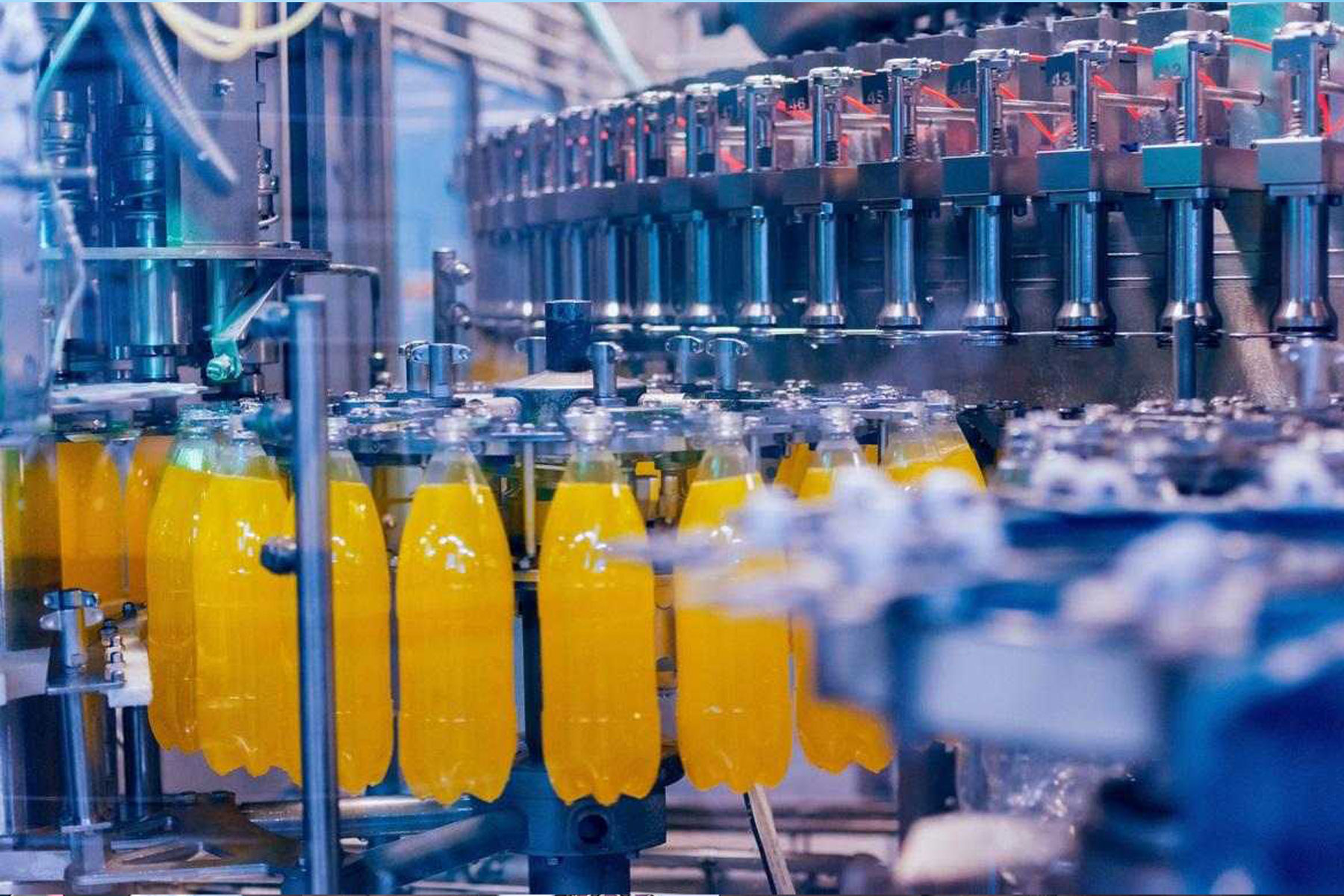
Fortune News | Apr 20,2024
The auto market foresees changes as a draft proclamation of excise tax on imported vehicles is revised. An amendment to the cylinder capacity (CC) of vehicles imported and the amount of excise tax they are subjected to pay was tabled for Parliament two weeks ago.
If passed, this will be the second amendment since 2018, after Prime Minister Abiy Ahmed (PhD) took office. His administration lowered the 30pc excise tax to five percent on vehicles up to 1,300cc, 18 years after it was first instituted.
Vehicles below 1,500cc will be subjected to 10pc excise tax and an additional 10pc for cars up to 2,500cc capacity. Imported cars with a capacity of up to 3,000cc will pay 30pc, while a 60pc tariff is demanded on vehicles above 3,000cc.
Excise tax is one of the five taxes importers pay, generating 12 billion Br in revenues for the federal government and regional states. Almost 10 groups of rates and 19 categories of excusable items are imported with various tariffs, from 10pc in textiles, and television sets to 100pc for alcohols, perfumes and automobiles, of which close to 69pc are bought from Asian countries. China takes the lead as a main source of imports claiming 26pc of the share last year.
Tax officials fear the federal government may lose as much as five billion Birr from the reduced rate. However, they are hopeful it will boost car imports, estimating the loss between 2.1 billion Br to 3.3 billion Br.
Vehicles represented the fifth largest import for Ethiopia in 2021, where the country bought over 15 billion dollars worth of goods. With a share of 7.8pc of this import bill, car importers paid 1.2 billion dollars, primarily for automobiles worth half a billion dollars.
The draft proposed excise tax on vehicles below 1,500cc double to 10pc, while on cars above 3,000cc lowered to 60pc.
For Arba Beyene, a practising lawyer who worked for the Ministry of Revenues for three years, this gives the advantage to the few monied over the majority. He believes the amendment should address vehicles below 1,500cc, used mainly by middle and lower-income individuals.
"It betrays the aim of the amendment," said the lawyer.
The bill considerably reduces the excise tax on new vehicles above 3,000cc, showing that the total taxes translated to a 121pc rate are still high compared to neighbouring countries such as Kenya and Rwanda.
However, this will do little to tame the car market without efficient and thorough monitoring, according to Alemayehu Geda (Prof.), an economics professor at Addis Abeba University, known for his research works on inflation and the foreign exchange market.
"Buyers won't change their minds unless prices go down," he told Fortune.
In the absence of other policy measures such as access to forex, lowering tariffs on excise tax will change little, insisted Legesee Shenkute, sales manager for Ultimate Motors Plc.
Ultimate Motors imports five-seat cargo vehicles from China and India. Ethiop trucks for 416.6 million dollars in 2021, claiming a share of 9.7pc of vehicle spending that year. Despite mounting demand, the debilitating forex crunch made it difficult for importers such as Ultimate Motors to scale down significantly over the past two years, with 300 buyers waiting.
Legesse observed the highly speculative car market stabilized following the imports ban by officials of the Ministry of Finance imposed in October 2022. Vehicles are among 38 categories comprising hundreds of items. Legesse wants a resurging demand when the ban is lifted.
With the loss of revenues from a series of taxes on imported goods, tax authorities have faced the enormous task of covering 61pc of the 787 billion Br in the federal budget through tax collections. It will be an uphill task as conflict and economic stagnation caused 40 billion Br in losses from tax revenues last year.
Parliamentarians urged the Standing Committee to move the rates on imported cigarettes and alcoholic beverages to increase while reducing the tariff on goods from the agricultural sector.
Delina General Trading stopped importing cars three years ago after facing high excise tax rates and customs duties. The significant shareholder, Haile Ekuabay, believes the random tariff assigned at customs is another factor that must be addressed.
"The burden of all these falls on the buyers," said Haile.
PUBLISHED ON
Feb 04,2023 [ VOL
23 , NO
1188]

Fortune News | Apr 20,2024

Fortune News | Jul 30,2022

Radar | Jun 03,2023

Radar | Sep 17,2022

Commentaries | Jan 04,2020
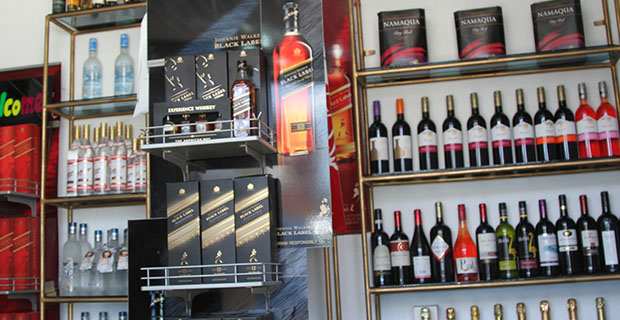
Fortune News | Nov 16,2019
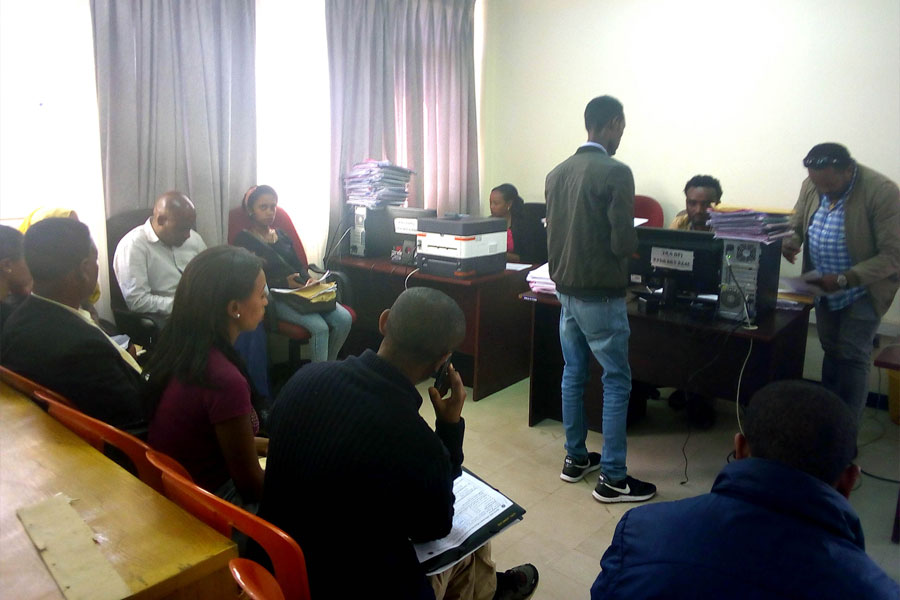
Agenda | Nov 20,2021
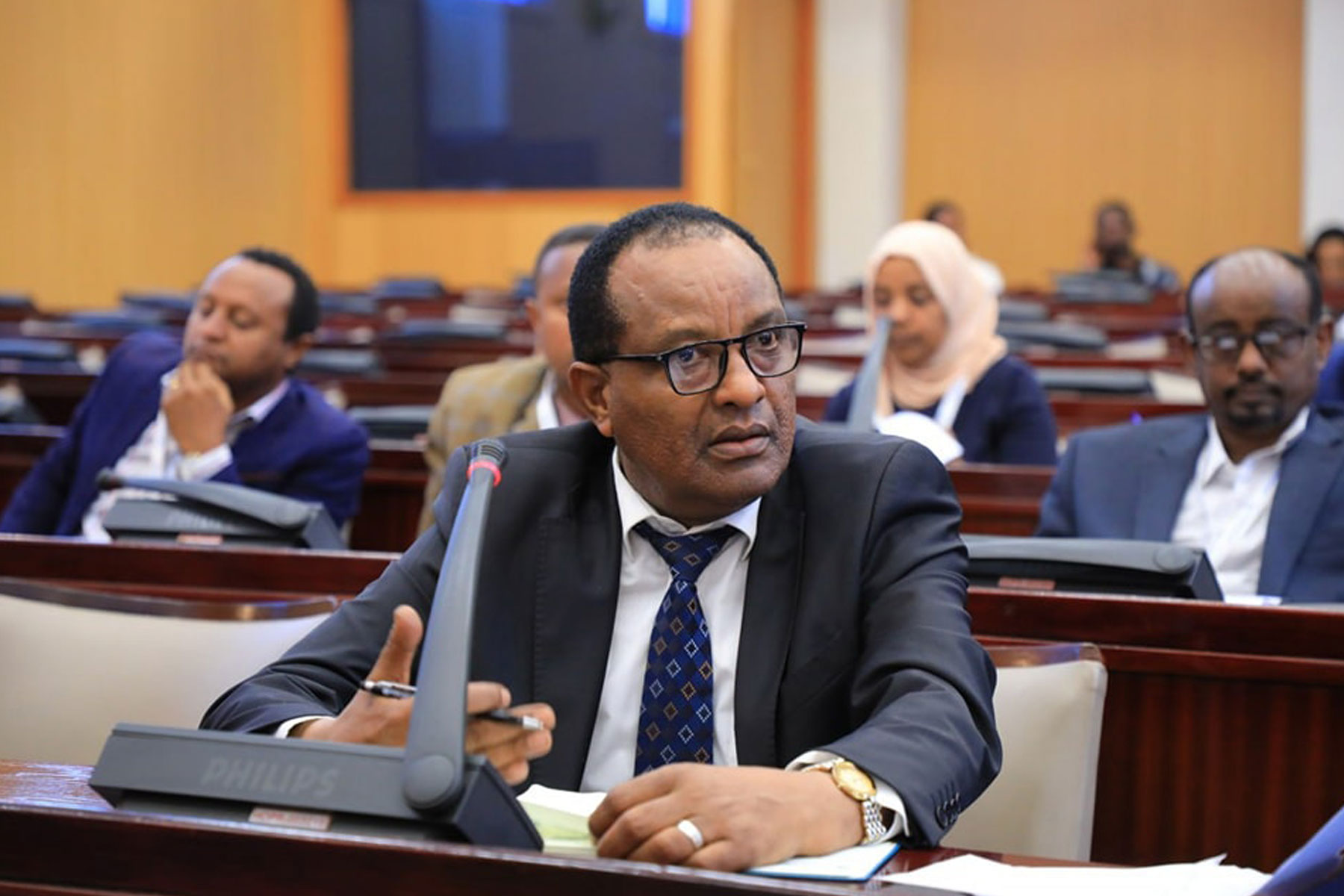
Fortune News | Apr 28,2024
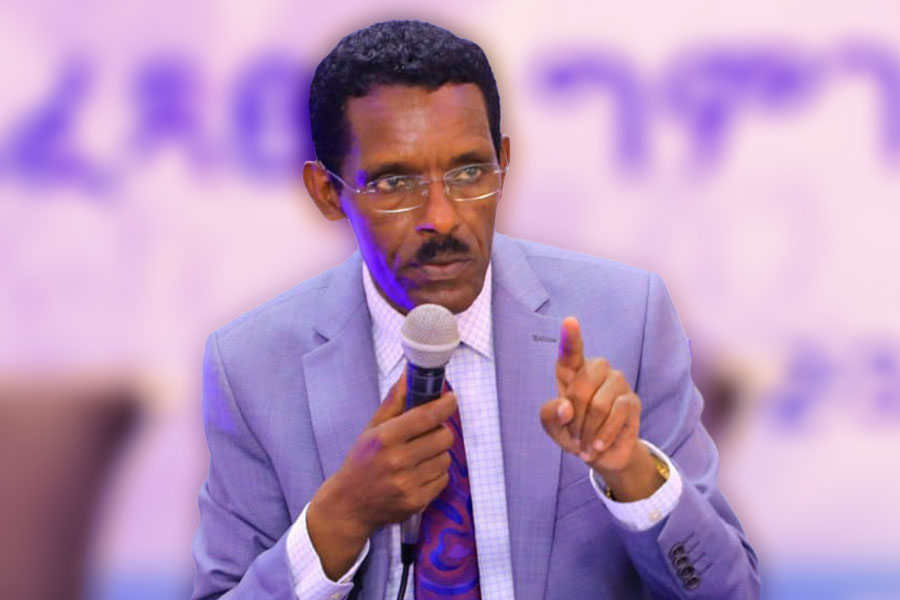
Fortune News | Mar 16,2024

Radar | Jul 08,2023

Dec 22 , 2024 . By TIZITA SHEWAFERAW
Charged with transforming colossal state-owned enterprises into modern and competitiv...

Aug 18 , 2024 . By AKSAH ITALO
Although predictable Yonas Zerihun's job in the ride-hailing service is not immune to...

Jul 28 , 2024 . By TIZITA SHEWAFERAW
Unhabitual, perhaps too many, Samuel Gebreyohannes, 38, used to occasionally enjoy a couple of beers at breakfast. However, he recently swit...

Jul 13 , 2024 . By AKSAH ITALO
Investors who rely on tractors, trucks, and field vehicles for commuting, transporting commodities, and f...

Jul 12 , 2025
Political leaders and their policy advisors often promise great leaps forward, yet th...

Jul 5 , 2025
Six years ago, Ethiopia was the darling of international liberal commentators. A year...

Jun 28 , 2025
Meseret Damtie, the assertive auditor general, has never been shy about naming names...

Jun 21 , 2025
A well-worn adage says, “Budget is not destiny, but it is direction.” Examining t...